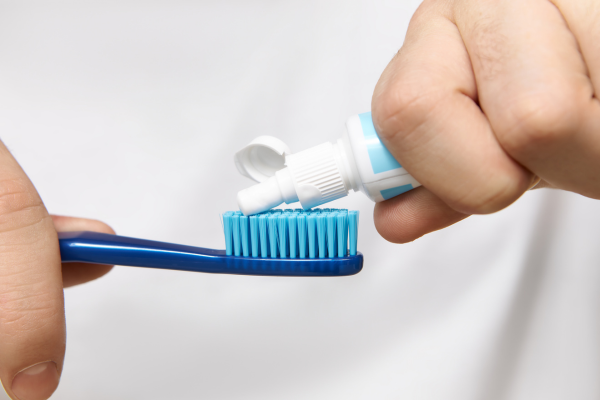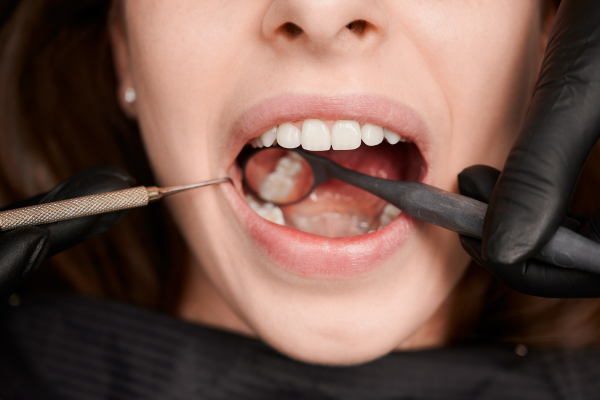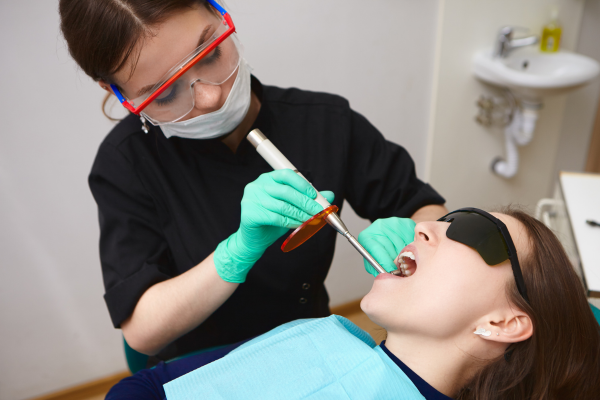Do you know that proper tooth cleaning, like brushing two times and flossing once a day, can make a big difference, but it still needs professional dental cleaning. Many of us avoid going to the dental clinic for cleaning our teeth as we think it’s a time-consuming process. However, it can really save our time and money on lengthy and more expensive dental treatments later.
We can’t skip teeth cleaning as it makes our teeth look brighter, breath fresher, and removes plaque. It’s important to learn how much time a dentist Terrigal takes to clean your precious teeth, so that you don’t hesitate to go for dental cleaning. So, keep reading as here is a comprehensive blog to solve your query.
How Long Does A Dental Cleaning Take At A Dental Clinic?
Let us begin by knowing that when you go to a dentist for teeth cleaning, it takes approximately 30 minutes to an hour. This time can vary for an individual’s unique oral hygiene condition and pace of the dentist. At modern dental clinics like Terrigal Beach Dental, the dental specialists use the latest dental technology, like digital X-rays and ultrasonic scalers, to speed up tooth cleaning and ensure accurate results.
What Happens During Dental Cleaning?
You should know that oral bacteria, food debris, and saliva in the mouth create a mixture that makes a sticky layer on your teeth. This colourless or pale yellow sticky film is known as plaque. Although plaque formation is normal yet if not removed, the bacteria thriving in plaque produce acids that can cause tooth decay, enamel erosion, gum disease, and more.
Here, a professional dental cleaning helps to remove this plaque from the areas that you can’t reach with brushing and flossing. That means between teeth and near the gum line. A dental expert takes the following steps to clean your teeth:
- Thorough Examination—The first step is about complete examination of your mouth and your oral history. The dentist can ask about what oral medications you are taking and your dental goals.
- Scaling and Plaque Removal—This is the main step when a dentist removes plaque from your teeth with special teeth cleaning tools, yet the time it takes can vary depending on the amount of plaque buildup on your teeth.
- Teeth Polishing—After that, the dentist uses gritty toothpaste, an air polisher, and a high-powered brush to clean the stubborn stains on your teeth.
- Optional Fluoride Treatment—If there is a requirement, then oral hygienists can apply fluoride gel or varnish on the teeth to strengthen enamel and avoid cavities.
- Final Consultation—At last, the dental expert does a final examination of the process and shares oral hygiene tips to keep teeth clean until your next visit.
What Are The Types of Teeth Cleaning?
There are different types of dental cleaning that an orthodontist offers you. The main types are as follows:
| Teeth Cleaning Types | Description |
| Routine Cleaning | This is the basic tooth cleaning after every six months that involves removing plaque and tartar buildup from teeth within 30 minutes to an hour. |
| Deep Cleaning | This is a more thorough cleaning (involves scaling and root planing) of teeth that removes plaque and tartar accumulation from your dental roots. It takes one to two hours and is for patients who have gum disease or other health concerns. |
| Periodontal Cleaning | It is specifically for those who need to remove plaque and tartar from the pockets around the teeth and have severe gum disease. This can also take between one and two hours. |
| With Braces Cleaning | Teeth cleaning for teeth with braces is complex and requires more time (up to 90 minutes) and expertise to carefully remove plaque. |
Why Does Tooth Cleaning Take So Long?
There are also different factors that can prolong the time required for cleaning your teeth at a dentist’s office. Here are all the related factors.
Teeth Condition
If you brush and floss your teeth regularly, then it will be easy to remove the plaque quickly. Yet, patients who smoke or drink a lot of caffeinated drinks like tea or coffee take more time.
Gum Disease
Periodontal or gum disease is a condition in which gum tissue pushes back the teeth due to surrounding infected pockets or spaces. These periodontal pockets demand more time for deep cleaning.
Patient Cooperation
Patients who have dental fear or feel more anxious during the teeth cleaning can take extra time and care for their treatment.
Frequent Visits To A Dental Clinic
If you go to your dentist regularly for routine teeth cleaning, then it will take less time to clean your teeth.
Additional Treatments
Sometimes, your dentist can suggest an additional dental treatment like fluoride application or dental X-rays, which can prolong the time.
Looking For A Quick Yet Effective Teeth Cleaning?
If yes, then you are welcome to Terrigal Beach Dental, the top-rated dental clinic in the heart of Terrigal. We have been serving our patients since 1985 and have all the expertise to offer you fast and reliable dental services. Our dentistry treatments, including teeth cleaning, are done by dental specialists who use the latest dental equipment to ensure high-quality dental care for all.
When you choose us for cleaning your teeth, we not only give you clean teeth but also a personalised treatment in a comfortable environment. So, contact us now and let us give you the pearly white, confident smile you are looking for.
FAQs
Does dental cleaning hurt?
Dental cleaning is slightly uncomfortable, but professional dentists always use techniques and tools that make your dental experience painless.
How long does a dental cleaning take with braces?
Cleaning teeth with dental braces is quite time-consuming and needs more careful treatment. It can take up to 90 minutes, depending on the level of plaque formation.
How do I prepare for a teeth cleaning appointment?
If you want to make your dental cleaning appointment quick and smooth, then brush and floss your teeth before going to the dentist. You should share your dental history with your dentist and ask any questions you may have.
What to do if you feel discomfort during the cleaning?
In case of tooth pain or discomfort, you should openly share it with your dentist so that they can give you a break, change their technique, and apply a numbing gel or give you local anesthesia.






